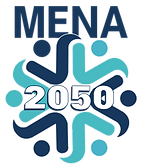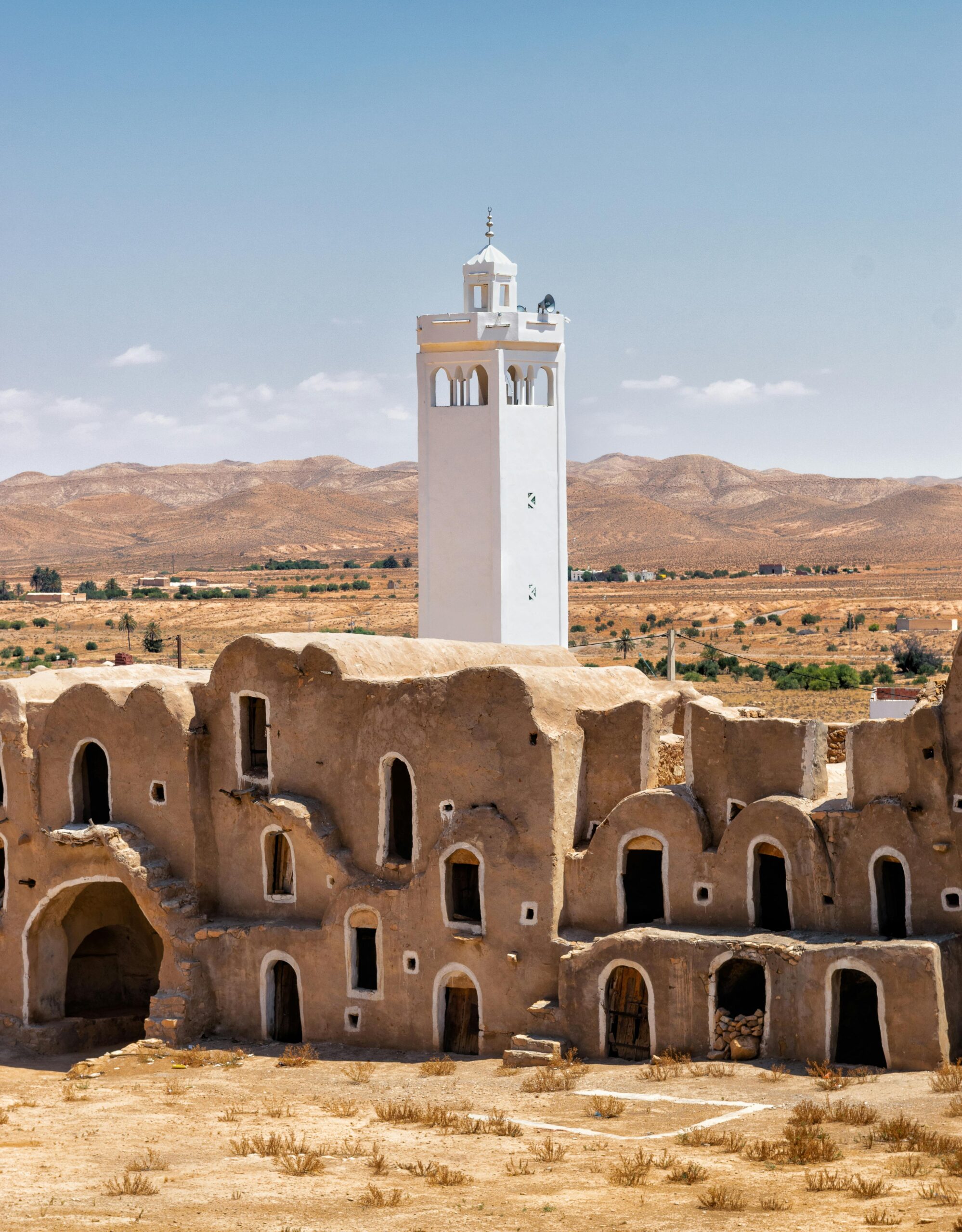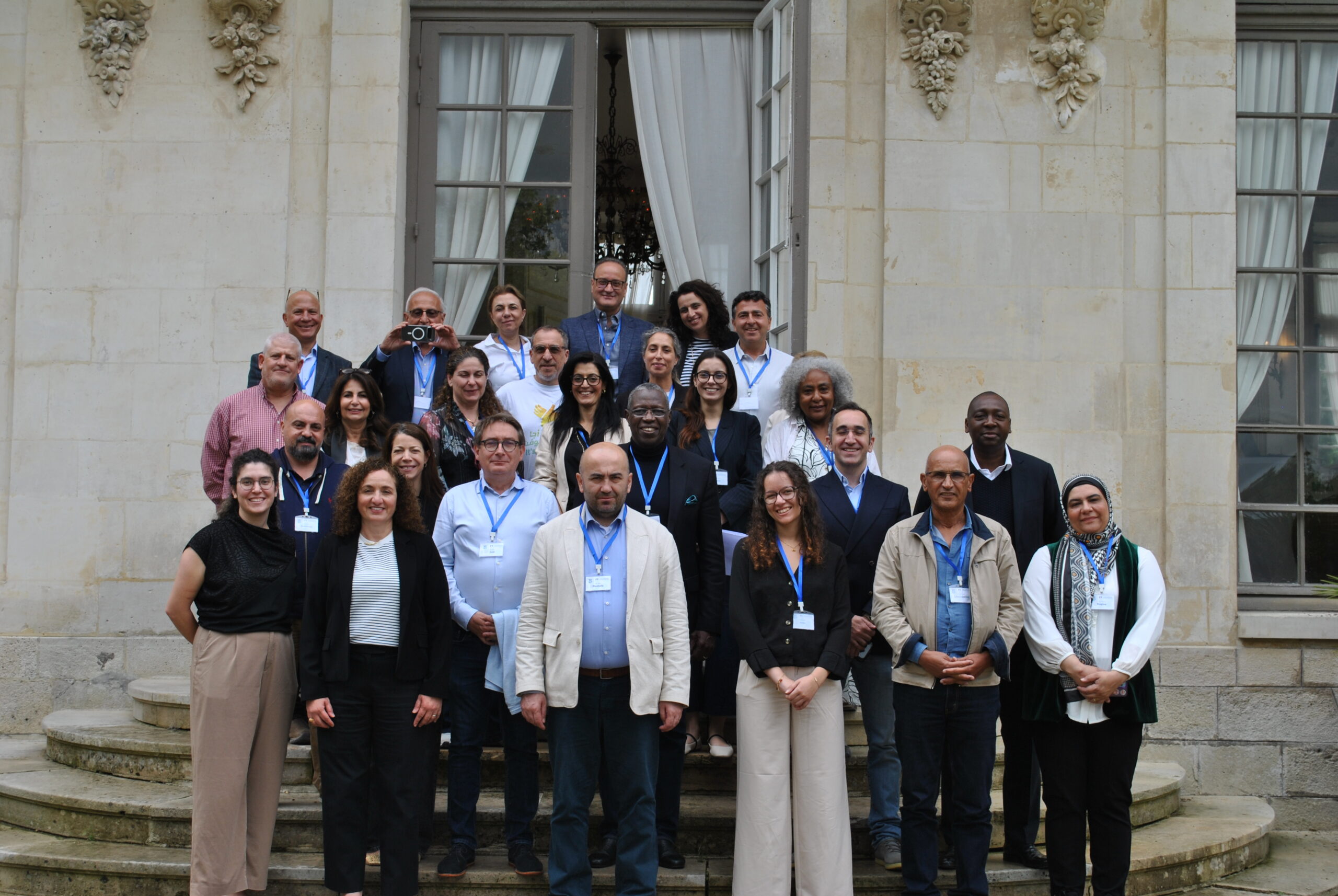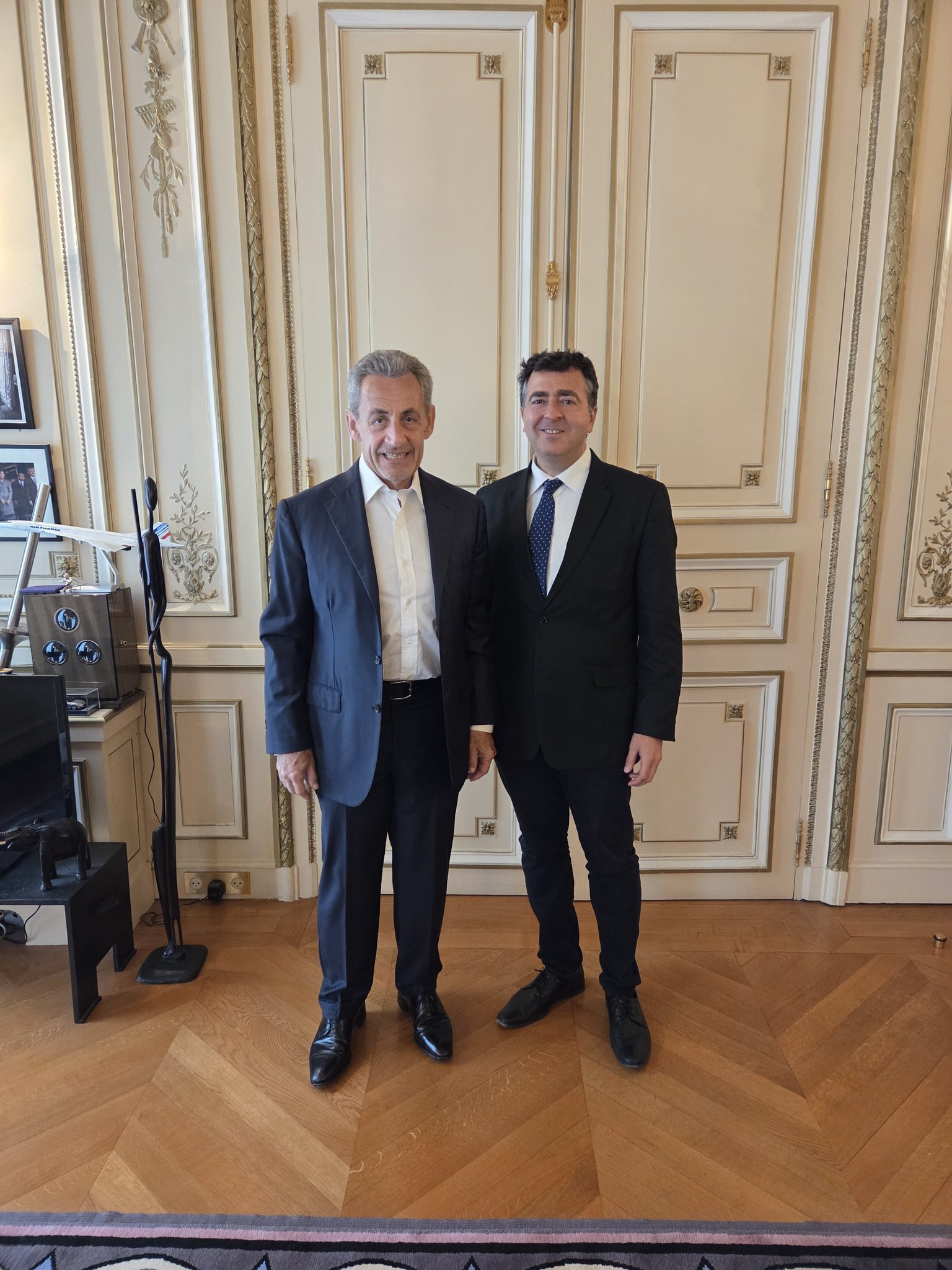By Dr. Najwa AlSaeed
As the crises of failed states intensify and cross-border threats proliferate, the notion of international trusteeship has resurfaced in political and strategic discourse—albeit in a modernized form distinct from the post–World War II model. Historically, trusteeship emerged under the United Nations system to manage the decolonization process in a structured and gradual manner, with cases such as Palestine under the British Mandate and Syria under the French Mandate serving as precedents. However, this model gradually faded with the ascendance of the principle of self-determination, which became a foundational norm in international law.
Yet, the geopolitical transformations of recent decades have created new and complex realities. In many contexts, central governments have eroded, non-state armed groups have filled the vacuum, and entire territories have morphed into breeding grounds for terrorism, transnational smuggling, and mass displacement. These developments raise a pressing normative and strategic question: Can the international community afford to allow a state to remain in a prolonged state of collapse without decisive intervention?
In response, several scholars and policy experts have proposed a more pragmatic framework—one based on identifying specific indicators of what may be termed a sovereignty vacuum. This concept seeks to establish legal and moral criteria that justify temporary international or regional intervention in a state’s affairs. Such criteria include a total inability to provide internal security; the breakdown of essential public services such as healthcare, education, and infrastructure; chronic economic collapse coupled with institutionalized corruption; the loss of sovereign decision-making to illegitimate actors; and the export of instability to neighboring states through refugee flows, arms trafficking, or terrorism.
However, operationalizing such a framework is fraught with tensions and dilemmas. Chief among them is the enduring clash between the principle of state sovereignty and the imperative of international responsibility to protect populations from disorder and humanitarian catastrophe. Major powers such as Russia and China often oppose interventions in weak or failing states, especially when such actions do not align with their geopolitical interests. Moreover, there is a legitimate concern that the revival of trusteeship could serve as a veil for neo-imperialism, whereby external powers exploit fragile states under the guise of humanitarian responsibility.
To mitigate these risks while addressing the urgent need for stabilization, one conceivable solution is the creation of a flexible international or regionally mandated mechanism under the auspices of the United Nations. This mechanism would be tasked with administering failed or failing states suffering from chronic sovereignty vacuums during a transitional period. Its mandate would include rebuilding core state institutions, drafting a new constitutional framework, overseeing credible national elections, and either dismantling militias or integrating them into state structures. Crucially, such efforts could be implemented in coordination with capable and regionally invested actors – such as Saudi Arabia, the United Arab Emirates, and Egypt – in cases like Yemen, Sudan, or the Palestinian territories.
Reconceptualizing trusteeship in this context should not be viewed as a forfeiture of sovereignty, but rather as a temporary safeguard to rescue and rehabilitate it. In an era marked by non-traditional security threats and borderless crises, the international community must embrace innovative tools that reconcile the protection of human dignity with the preservation of national sovereignty. The core challenge lies in ensuring that such mechanisms do not become instruments of domination, but instead function as catalysts for sustainable state-building and institutional resilience.




